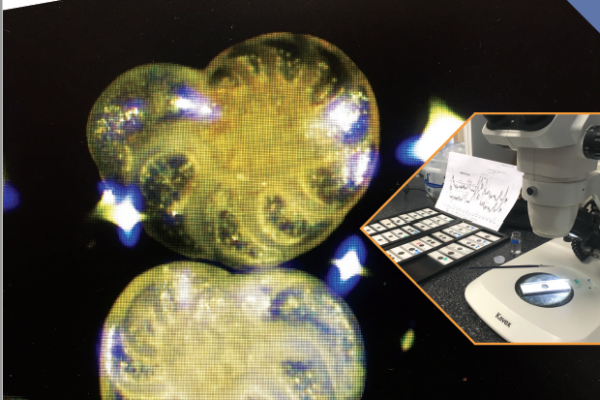Category: News

Annual Review 2023
Read More
Project Title: Parasitism master regulators of parasitic nematodes
Global food security is one of the major challenges of our generation. To meet projected global food requirements in 2050 the Food and Agriculture Organisation estimates that food production will need to increase by 70% overall and by 100% in developing countries. A major constraint to achieve these targets is crop loss due to pests and diseases, which account for up to 50% of crop losses in developing countries. Given that plant-parasitic nematodes inflict a combined cost to agriculture of over $100 billion annually, a strong case can be made to explore any aspect of parasite biology that may lead to new control measures in the future.
In this proposal, we aimed to explore the function of a recently identified gene that may play a central role in the ability of nematodes to parasitise plants. This gene has the characteristics of a “master-regulator” of parasitism, and we hypothesised that disrupting this one gene during parasitism would in-turn disrupt literally hundreds of other genes that are required by the nematode to infect plants.
We addressed this question by generating a transgenic potato plant which target and disrupt this “regulator” in the nematode, when the nematode feeds on the plant tissue. We hope to use these plants as a tool to explore the consequences of disrupting this gene during parasitism, ultimately highlighting an attractive target to develop nematode control in the future.
This initial study supported a successful grant application to the Biotechnology and Biological Sciences Research Council David Philips Fellowship scheme to develop a multiplicity of such targets.

Awarded: Research Incentive Grant
Field: Biology
University: University of Dundee